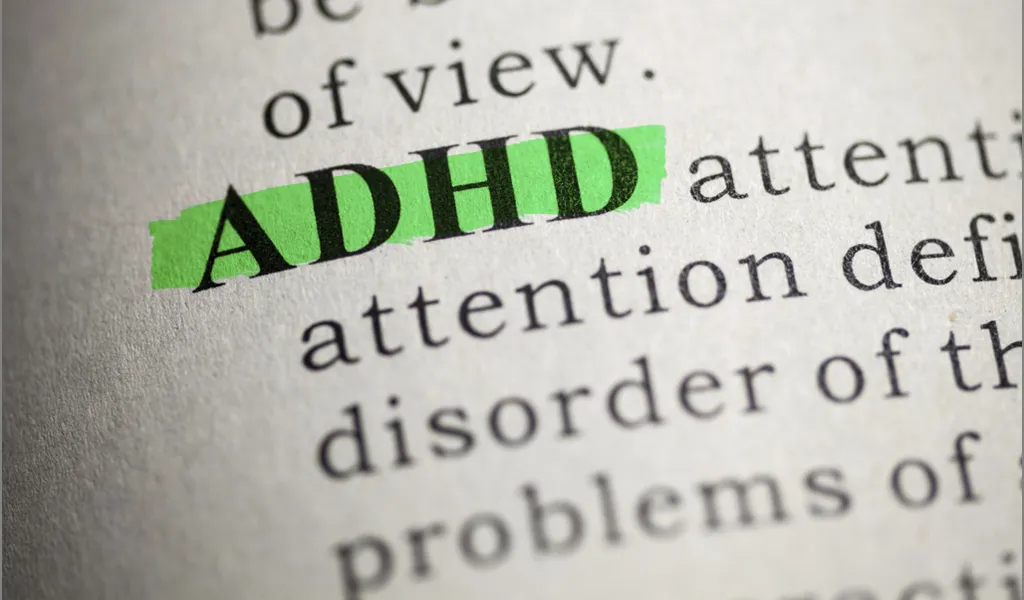Improving Communication and Connection: ADHD and Relational Therapy
The effects of Attention Deficit Hyperactivity Disorder (ADHD) on interpersonal interactions and communication can be profound. People who have ADHD frequently struggle to focus, control their emotions, and rein in impulsive behavior, which can interfere with social connections. On the other hand, relational therapy presents a viable strategy to deal with these issues by emphasizing meaningful connections and better communication. This article examines the relationship between relational therapy and ADHD, looking at how therapeutic interventions can help people with ADHD improve their communication skills and build stronger relationships.
Knowing ADHD and How It Affects Communication
The neurodevelopmental disorder known as ADHD is typified by impulsivity, hyperactivity, and inattention. ADHD is frequently linked to childhood, but it can also extend into adulthood and present persistent difficulties in a variety of life domains, including relationships.
The following factors contribute to the prevalence of communication issues in ADHD patients:
Inattention: People with ADHD may find it difficult to stay focused during talks, which can cause them to become easily distracted and have trouble digesting information.
Impulsivity: Impulsive behavior impedes good communication and might take the form of speaking over someone else, interrupting them, or blurting out ideas without thinking through the consequences.
Emotional Dysregulation: ADHD may be a factor in emotional dysregulation, which can result in tantrums, irritability, and increased sensitivity in social situations.
Relationship tension brought on by these difficulties may result in miscommunication, conflict, and a sense of disconnection. Relational therapy, on the other hand, provides methods for resolving these problems and developing better communication styles.
Relational therapy’s role
Relational therapy is a technique that stresses the significance of connections in forming people’s psychological well-being. It is often referred to as relational-cultural therapy or relational psychotherapy. Relational therapy, as opposed to conventional individual therapy, is centered on examining and enhancing the dynamics of interpersonal connections, such as those with friends, family, partners, and coworkers.
Fundamental Ideas of Relational Therapy:
Mutuality: Understanding how people are related to one another in relationships and how their experiences and feelings are influenced in return.
Empathy: Building understanding and empathy to support each person’s unique experience and promote a closer bond.
Authenticity: Promoting transparency and honesty in interpersonal interactions so that people can freely express their needs, wants, and feelings.
Empowerment: Encouraging self-acceptance, self-awareness, and the growth of wholesome interpersonal competencies.
Relational Therapy in the Context of ADHD
Relational therapy concepts can be included into ADHD treatment to give patients useful strategies for overcoming communication obstacles and forging closer bonds with others. Relational treatment strategies can be used in the following ways:
1. Improving Interpersonal Communication:
Active Listening: Teaching people with ADHD to use active listening strategies like summarizing, paraphrasing, and reflecting can help them concentrate better and understand spoken words.
Mindfulness Practices: Including mindfulness activities can help people with ADHD become more conscious of their feelings and thoughts, which can help them communicate more thoughtfully and become less impulsive.
Exercises in Communication: Practicing assertiveness tactics and role-playing scenarios will help you become more confident and enable you to communicate more effectively in a variety of social situations.
2. Controlling Feelings:
Teaching emotional regulation techniques, such as mindfulness, deep breathing, and cognitive restructuring, can assist people with ADHD in controlling strong emotions and preventing them from taking over talks.
Conflict Resolution Strategies: People can resolve conflicts without becoming more tense by being guided in the use of positive strategies including compromise, active listening, and perspective-taking.
3. Developing Better Connections:
Fostering Empathy:
Promoting empathy-building activities like perspective-taking and empathic listening can help people become more aware of and sympathetic to the viewpoints and experiences of others.
Developing Connection Rituals:
Creating routines that encourage intimacy and connection, such weekly check-ins or common interests, can help to fortify relationships and give them a feeling of stability and predictability.
The Course of Therapy
In a relational therapy context, people with ADHD collaborate with their therapist to examine their relational patterns, pinpoint areas that require development, and create workable plans for getting better. Typically, the therapeutic process entails:
Assessment:
In order to comprehend the patient’s relational history, communication issues, symptoms of ADHD, and therapy goals, the therapist does a thorough assessment.
Goal-Setting: The therapist and the client work together to create precise, quantifiable objectives that address relationship building, emotion control, and communication improvement.
Skill-Building:
The therapist assists the client in acquiring and putting into practice new relational and communication abilities using a mix of psychoeducation, skill-building activities, and experiential treatments.
In order to address communication problems or interpersonal issues, the therapist helps the client explore underlying emotional dynamics, relational habits, and beliefs.
Application:
The client puts newly learned knowledge and abilities to use in practical settings, thinking back on past experiences and modifying strategy in response to criticism and results.
Integration:
The client gradually internalizes and incorporates the concepts and methods they have learnt in therapy, changing the dynamics of relationships and communication patterns in the long run.
In summary
Relational therapy is a useful paradigm for treating the communication and interpersonal connection difficulties that might arise from ADHD. Relational therapy combines the concepts of mutuality, empathy, authenticity, and empowerment to assist people with ADHD in learning how to communicate effectively, control their emotions, and build deep relationships. People can overcome communication hurdles, forge stronger bonds with others, and find greater fulfillment in both their personal and professional life by adopting a collaborative and strengths-based approach.






